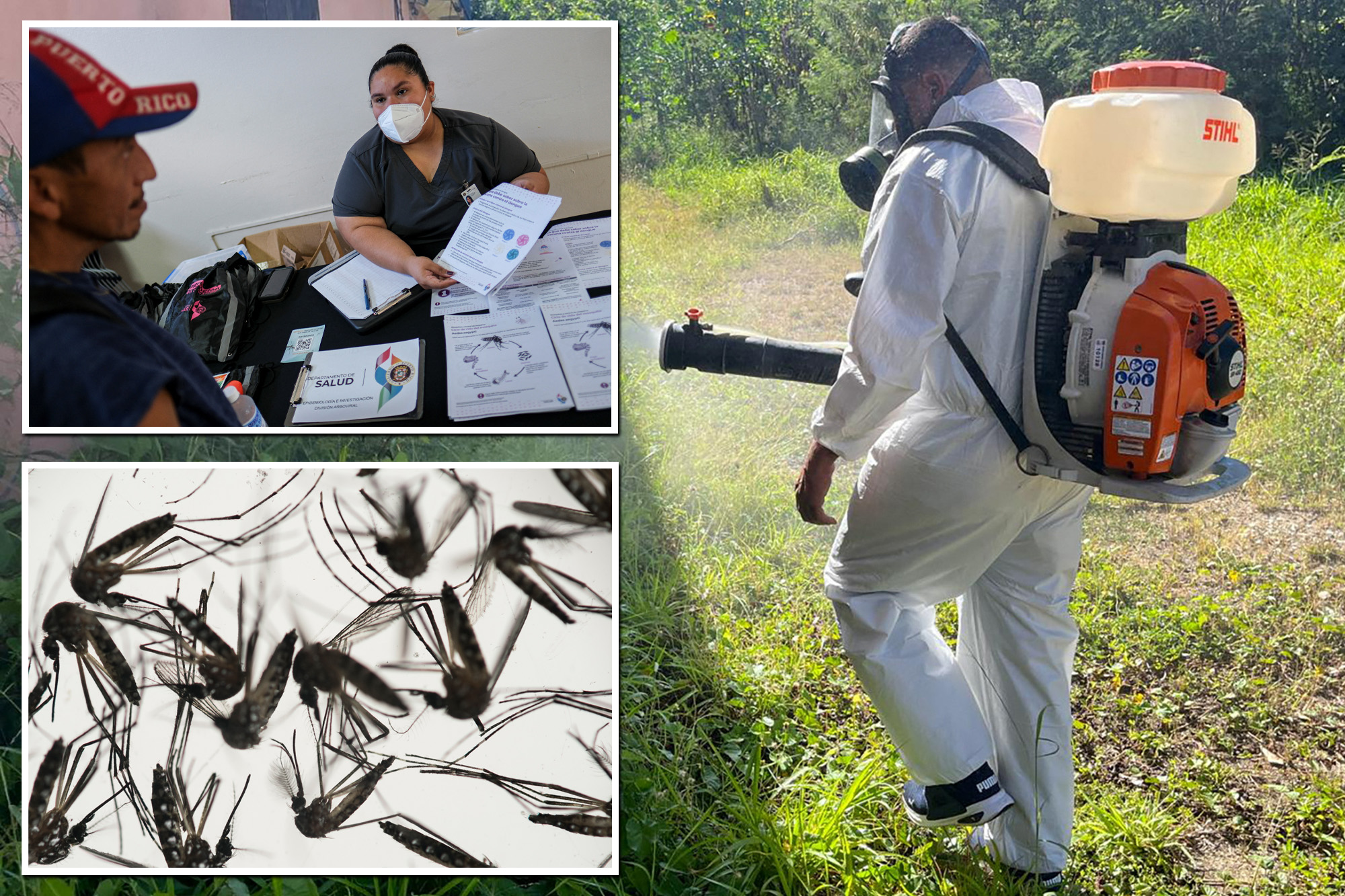
The U.S. territory of Puerto Rico has joined nearby islands in declaring a public health emergency after a spike in cases of dengue fever.
The health department reports there have been more than 540 cases so far this year, which is a 350% increase when compared to activity over the last five years.
“This year, dengue cases have exceeded historical figures. Teams have been working on the integrated plan for prevention and control in response to arboviruses, and we will expand the implemented response. It is important to note that the increase in cases has not only been reflected in Puerto Rico, but we have seen it throughout the Americas region,” Mellado López, head of the Puerto Rico Department of Health, said in a statement.
The Mayo Clinic says dengue is a potentially life-threatening infection that is transmitted through mosquitoes.
Similar to Zeka, there are no known cures or vaccines for the virus, but symptoms can be treated with medication.
Symptoms of dengue fever include aches, nausea, vomiting, difficulty breathing, and fatigue.
The World Health Organization says the virus led to the deaths of more than 5,000 people around the world in 2023.
Of the more than 3,000 types of insects, the Aedes aegypti mosquito is thought to be the primary spreader of dengue throughout the Americas.
“Wherever you have a significant number of mosquitoes and warm hot environments is where you see dengue transmission,” Dr. Stacey Rizza, a Mayo Clinic infectious diseases specialist, told the Mayo Clinic News Network.
Outbreaks around the Caribbean, Americas
Jamaica, Curacao, Brazil, and many other territories and nations have issued emergencies over the stunning uptick in dengue.
The WHO has warned the endemic is the fast-growing mosquito-borne illness worldwide and is likely a result of a changing climate, an El Niño pattern, human conflicts, and poor access to healthcare.
NOAA satellite estimates show an increase in precipitation was observed across many of the Caribbean islands over the past winter, which can aid in increasing the mosquito population.
Heavy rainfall and warm temperatures can help increase breeding sites and lengthen the transmission season.
“Dengue has become a growing public health concern with approximately 4 billion people in 130 countries identified at risk of infection,” the WHO said.
Health experts suggest an essential tactic in the fight against mosquitoes is as simple as removing stagnant water, applying bug spray, and wearing protective clothing.
WHO previously stated that transmission is cyclic and outbreaks last 3-4 years, but with a changing climate it is unclear if the virus will follow previous norms.














